
Making history with the 36-hour NON STOP club night, non-profit MTL 24/24 is working to seed a better future for nightlife in Montreal and spread helpful ideas beyond its borders
It’s 3:AM and DJ Minx is powering through a pounding, sultry house set inside the Pavilion at the Port of Montreal’s Grand Quay. On most weekends, clubs in the Québécois city close at this time, but tonight things are only ramping up — and there’s 29 more hours of NON STOP party ahead.
The venue is clean and pristine but the vibe is anything but: classy house selections such as Alan Braxe & Fred Falke’s ‘Intro’ build into the roof-raising pump and piano line of Melé & Shovell’s ‘Pasilda’, rolling seamlessly into sweatier, sexier cuts that layer percussion and bring in earworm melodies, hitting a sweetspot between atmospheric and delirious. A strong showing of women flock to the front to wildly cheer for the Detroit legend, who came out publicly in the Pride Month of 2021, dancing together intimately in the liberated atmosphere of this rare all-night party where phone cameras are banned.
The marathon 36-hour club night-day-night is a first for Canada. Its uninterrupted bar service is almost unheard of across North America, even in the nightlife haven of Brooklyn across the border, where clubs do stay open all weekend like in Berlin or Amsterdam but their bars don’t, soft drinks aside. Liquor and licensing laws are strict this side of the Atlantic, and the pervasive reliance on bar takings to fund nightlife activities means a late-night clubbing culture is difficult to build and sustain. But policy makers are gradually waking up to the benefits of their cities becoming attractive nightlife centres. NON STOP organisers MTL 24/24, a non-profit focused on developing Montreal’s nightlife, are working to build upon that appetite. Having secured exceptional circumstances for the second year running, following NON STOP’s debut 29-hour edition in 2022, they’re focused on shifting the needle to develop Montreal into a thriving, cultural hub that isn’t afraid of the night.
“It’s a really exciting thing for Montreal to do,” says local hero Jacques Greene, who also plays on the Friday night. “It’s really exciting to see things move that way, as opposed to cities like Toronto nearby, [where] it just feels like places close at 2, and the city’s getting more and more expensive so no one can really open nightclubs. People only really want to be there from midnight, so you only have two hours of bar sales. It’s extremely hard to sustain a nightlife. To have my hometown go the other way and want to bet on it, and lean into it, is really heart-warming.”
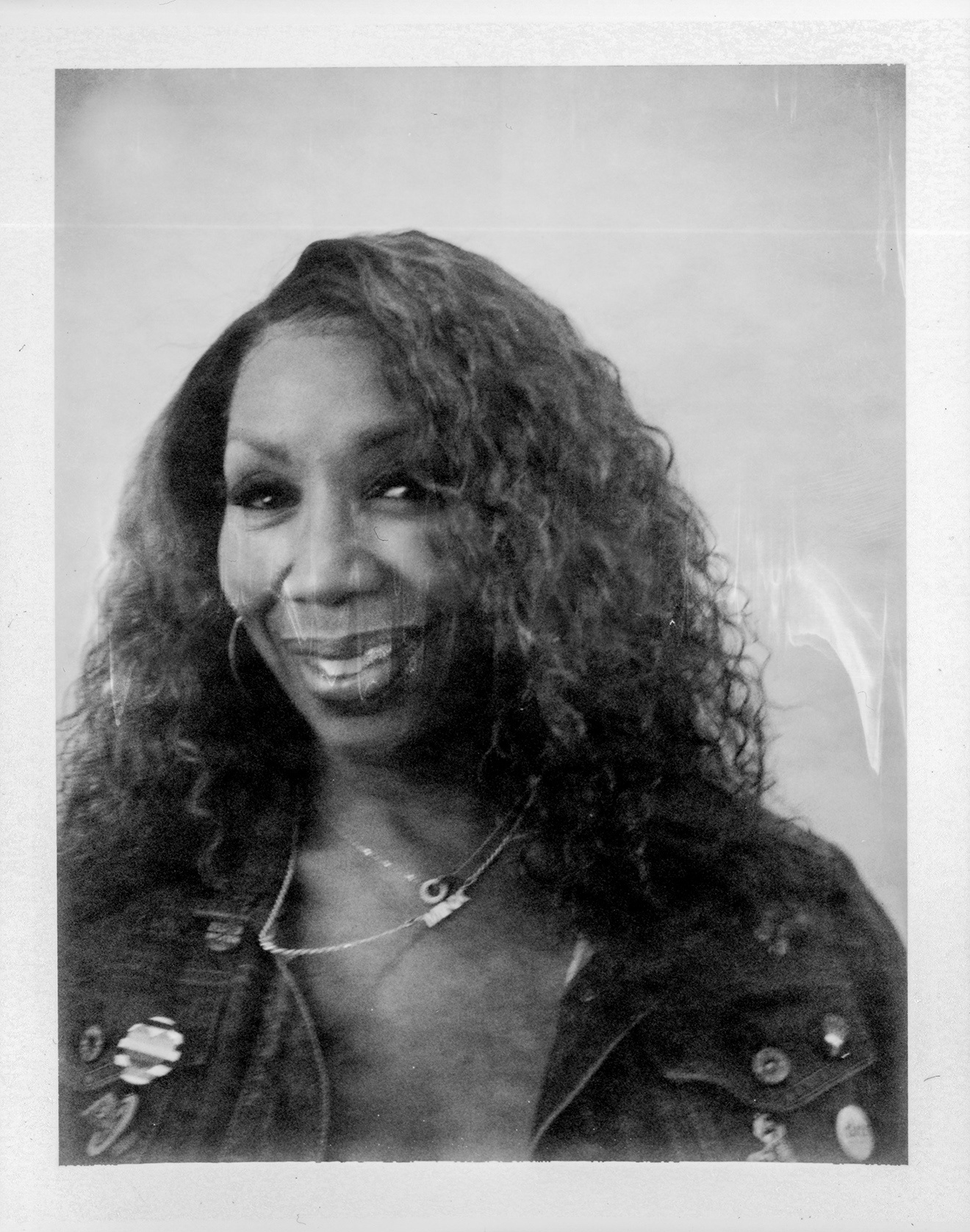
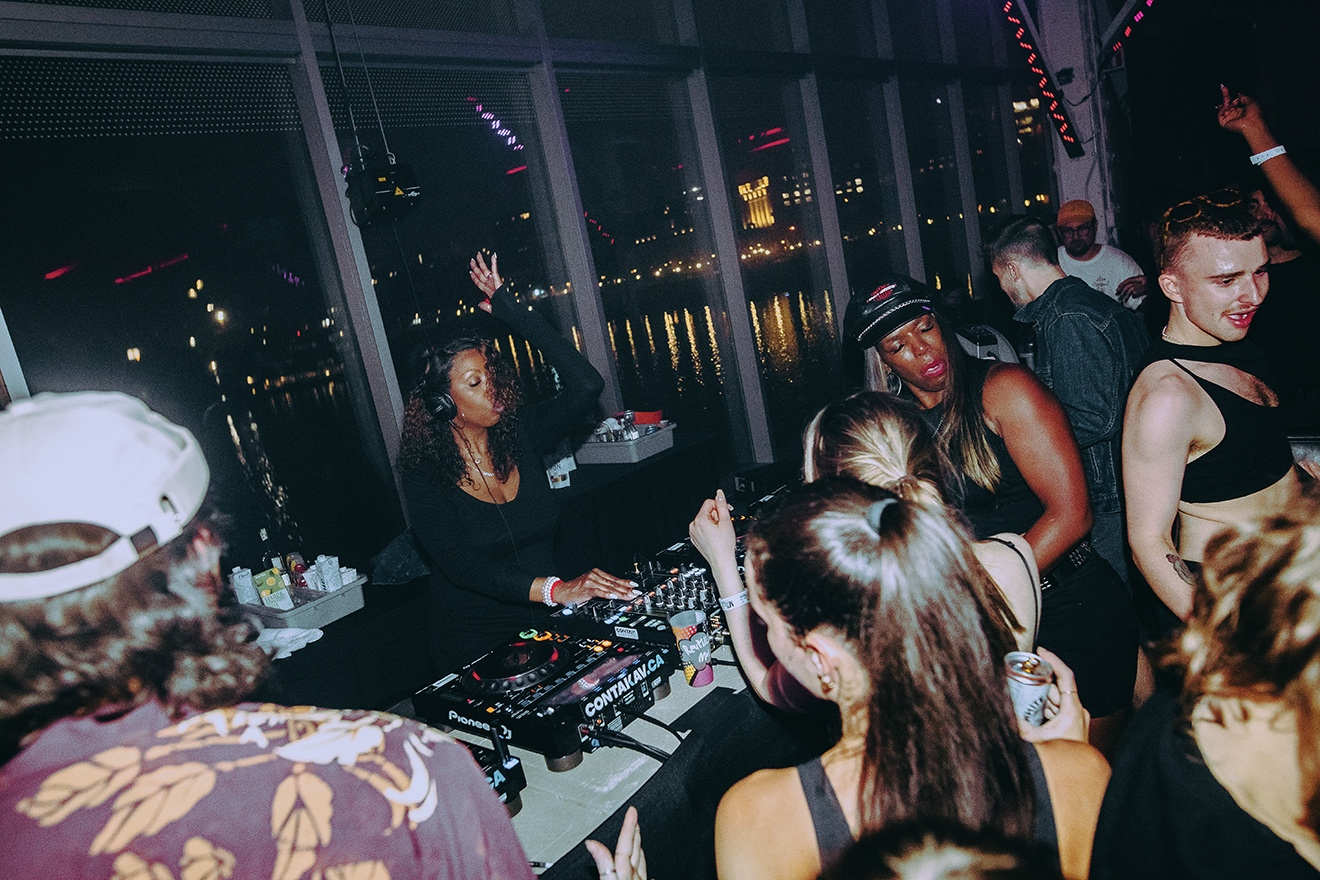

Of course, there’s a debate to be had about club culture’s reliance on alcohol funding, and just securing those licenses isn’t the makings of a healthy scene. Many wider issues are tackled at the Montreal Night Summit at PHI Centre in the lead up to NON STOP, a two-day conference dedicated to inspiring a better future for nightlife. Speakers from across North America and Europe feature, sharing ideas and discussing topics, issues and possible solutions for that ultimate aim.
The theme for this year is NOX ✦ SPATIUM, or ‘the infinite space of the night’. As any clubgoer will tell you, spaces are pivotal to the health of dance music. Even the young ones can mournfully reel off a list of their favourite shuttered venues, replaced by blocks of flats, motorways or pastry shops. Mathieu Grondin, co-founder of MTL 24/24, sees gentrification and inflation as the main problems facing nightlife, with the loss of spaces suppressing the culture and the lack of affordability hindering renewal, as well as blocking new generations from experiences that get them invested in this scene. The theme references the importance of accessible cultural sites, with an expanded definition to encompass political and economic spaces.
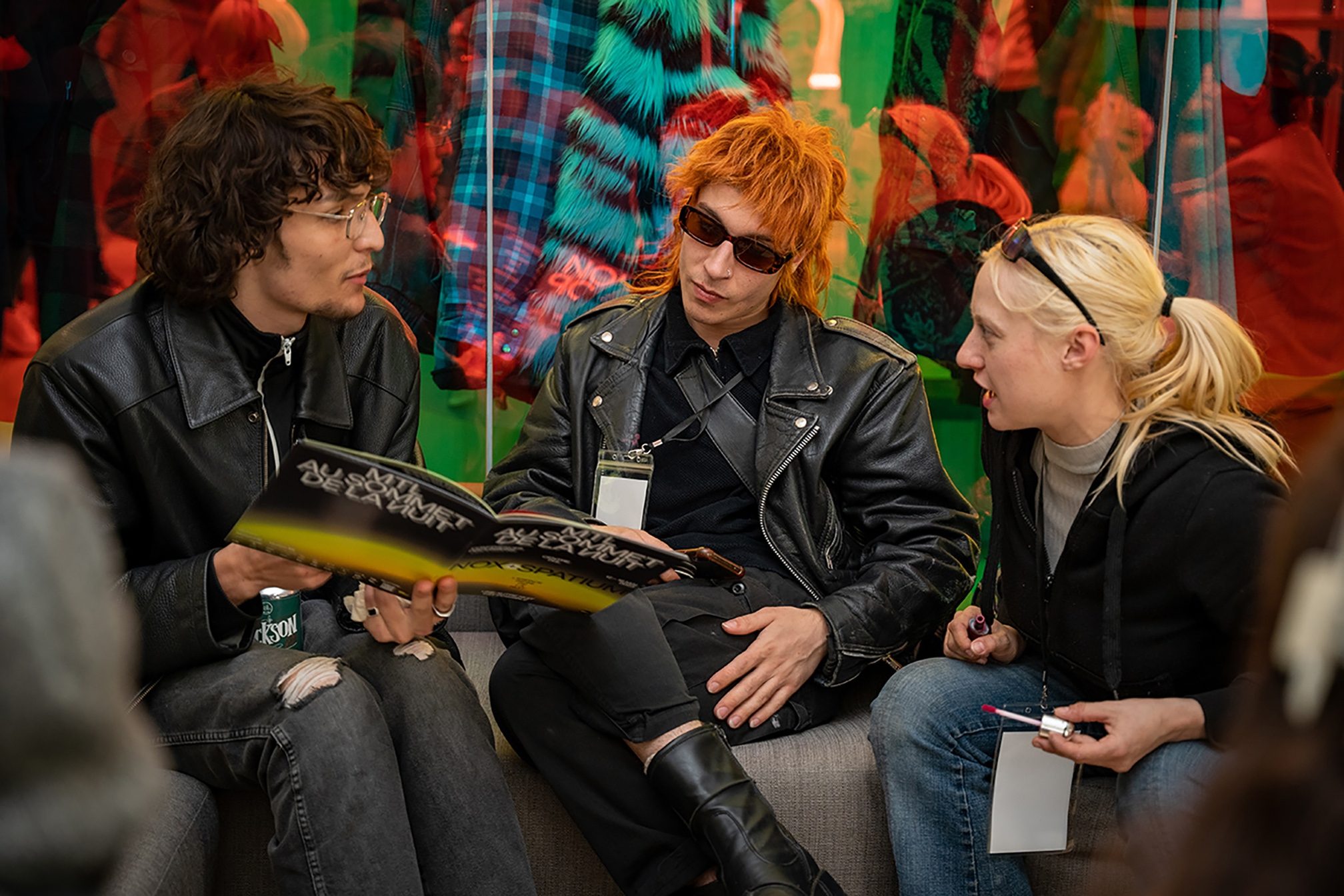
Montreal is ripe for this discussion. The city is covered in construction; it feels like every corner you turn reveals a new set of cranes, work men and half-built high rises. There is evidently plenty of money and untapped space swashing about its streets, and directing some of that to a bustling night-time economy would only bolster its economic aims. Conditions feel ready. Although soulless tower blocks are increasingly dotting the skyline, at ground level the city has a strong sense of identity that’s open to cultural diversity. French is resolutely its first language, despite the dominance of English outside the province’s borders, and its music culture reflects a spectrum of eclecticism, with dynamic, bilingual rap, rock and alternative scenes, and use of localised slang. Getting the city to buy into supporting this and developing the right infrastructure opens plenty of potential.
Mathieu believes this case can be made successfully. “I think there’s a will from the politicians, because it’s a sexy topic. And Montreal is a cultural city, so they understand the plan,” he says, “but I’m not sure they master the subtleties of what needs to be fixed inside the engine. That’s my only concern right now. I think they have a will, they might not just have the way.”
That’s where organisations like MTL 24/24 come in, stepping into the relatively new research field of nightlife governance and trying to influence it in positive directions. While radical social movements like illegal rave culture feel more exciting, draconian policing has eroded it, putting control of nightlife in the hands of people who do not understand it, or maybe even fear it. Now specialist interest groups are necessary to stop that tide change becoming a washout of legal outlets for dance music. The culture survives, but the battleground has moved to licensed clubs.
Nightlife proponents now find themselves in the fields like policy making and urban planning. One speaker at the Summit is Mirik Milan, a pioneer for pushing nightlife’s political sway as the world’s first Night Mayor in Amsterdam, a city role that has gained traction worldwide. Now founder of consultancy agency VibeLab, his presentation with Diana Raiselis discusses the need for nightlife advocacy to be more proactive, and not just reactive when it comes to action like protesting club closures.
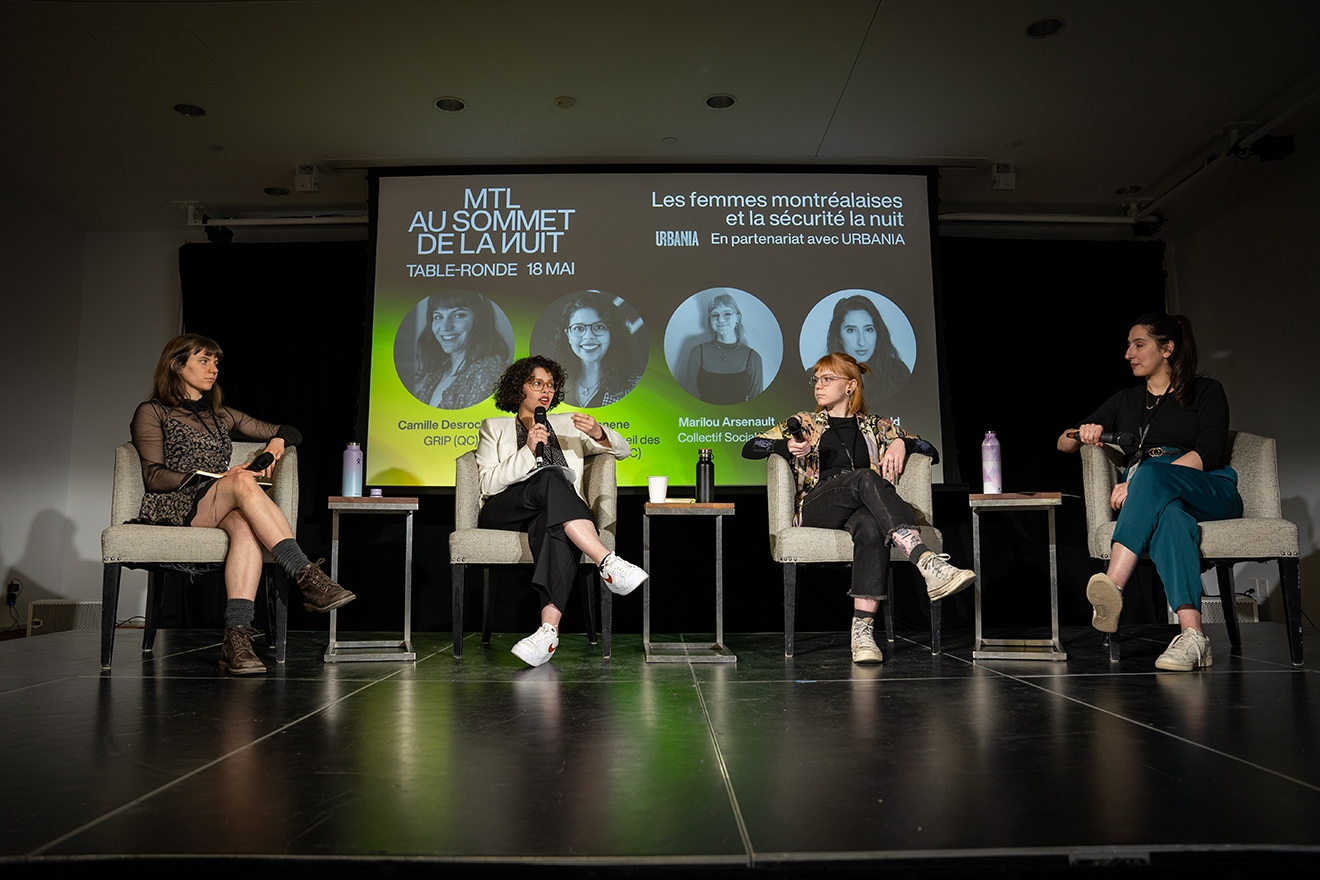
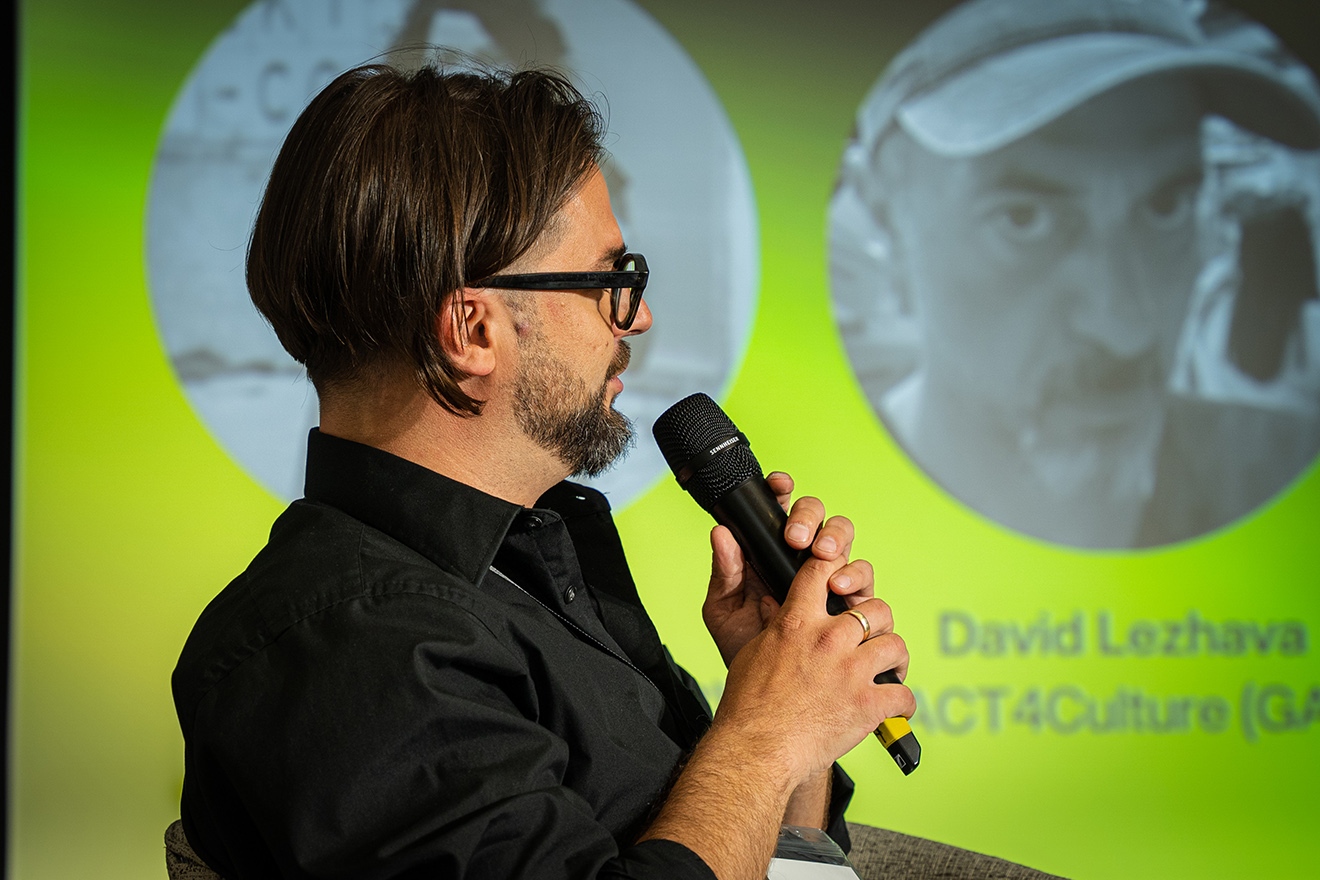
Nicklas Johansson presents on the unprecedented ‘cultural sound zone’ in Malmö, which permits noise up to 85 dB for culture and business activities. Located in Sofielund in the Swedish city, which was previously seen as a “bad neighbourhood” with high crime and low employment rates, the area had been targeted for ‘urban regeneration’ projects, gentrifying it with new homes and people. Instead, the new policy made it a hotbed for nightclubs and manufacturing industries, allowing it to develop into a vibrant and prosperous neighbourhood without displacing the existing residents for richer transplants. He claims there’s been no reports of sexual harassment or violent crime in the area, and the nightclubs are now protected by the financial muscle of the industries in what he terms a kind of “unholy alliance”. A large bakery which operates noisy production and revolving employees 24/7 fought off a five year legal challenge for plans to develop 1,200 apartments nearby, which would have no doubt also closed down all the clubs, bars and rehearsal spaces that have made the area home. Nicklas tells me the city “just stopped similar development processes in two other areas in Malmö that have a lot of culture, so we really made a difference”.
Berlin’s creative village Holtzmarkt is another story of what can be achieved with initiative. Benjamin Scheerbarth explains how the owners of the beloved Bar25 saw their club closed down, with the lively district on the banks of the Spree due to be replaced by an ugly high rise development, but then managed to convince a Swiss pension fund to buy the land and lease it to them for 75 years. Now the area is run by a co-operative with a community-focused mindset, featuring popular club Kater Blau, concert venue Säälchen, public green spaces to relax and enjoy nature, restaurants, bars, and even a kindergarten for 33 children.
The project reflects how resourceful DIY groups can be when given access to these spaces, a point DIY Space Project’s Amy Gottung makes on Thursday. On the same panel, Arbutus Records head Sebastian Cowan tells a cautionary tale about the effects of inadequate support for independent creativity. He co-founded the Lab Synthèse arts collective and venue in Montreal which helped launch the careers of stars like Grimes and Mac DeMarco in the late ‘00s, before shutting in the face of heavy policing, mounting court dates and fines. Without that anchor, the thriving creative community dispersed and many moved away. Retaining creative talent is a problem for Montreal, Mathieu tells me, with artists often feeling the need to spread their wings beyond its music scene in order to grow. By working to build a healthier nightlife infrastructure with more access and opportunity, they hope to make Montreal’s scene more stable, more attractive, and less reliant on the efforts of individuals.
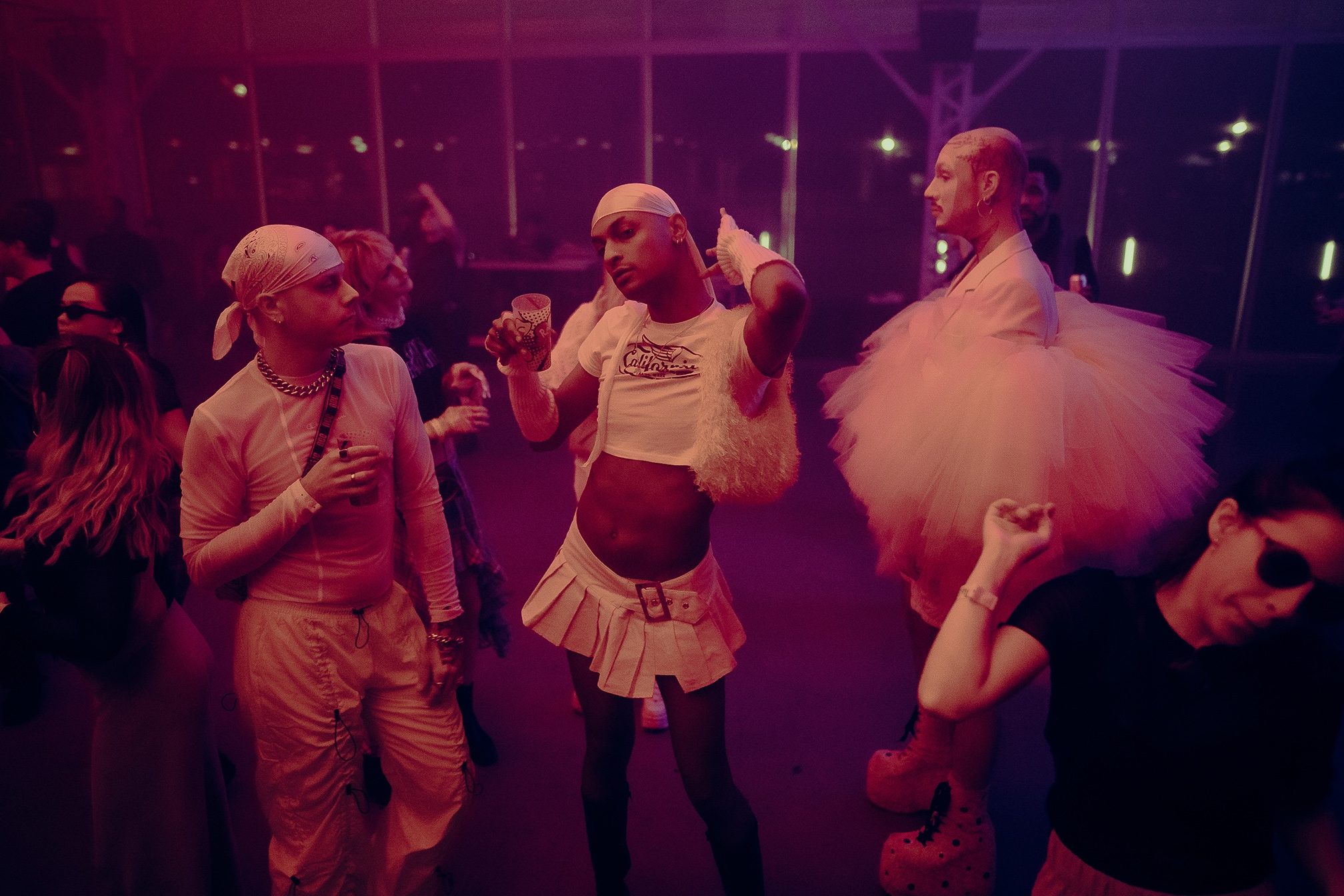
Other topics the Summit covers include the psychology of space, with Kady Yellow and Benjamin Scheerbarth reflecting on the freeing quality of the outdoors, and how the increased prominence outdoor space took on during the pandemic can be maintained. $teven Ra$pa considers what permanent cities can learn from the Burning Man’s temporary Black Rock City, which follows principles like radical inclusion, decommodification, civic responsibility. Lo Marshall provides evidence-based research on the closure of queer nightlife spaces and challenges simplistic assumptions made in this field, as well as considering how issues of safety and access can be mitigated through self-organising, with sliding scale tickets and transport funds for vulnerable groups.
“The idea of the Summit was to get inspired by the best practices, best projects, around the world,” says Mathieu. “But it’s also a great opportunity for anybody to just come here and learn about these great projects and bring them back to their own city. The speakers are part of the audience too. They could bring back these good ideas to home.”
The value of an exchange of ideas with a global outlook is clear. Although, perspectives from outside the Western world do feel lacking at the Summit, with innovative ideas for overcoming challenges to be found beyond Europe and North America. “That’s something we would like to do more,” says Mathieu, but high travel costs and budgetary constraints have limited their outreach. A number of the speakers at the Summit come from well-funded institutions that pay their own way to be present. Mathieu proposes an idea for a “World Urban Night Forum”, an international coalition of Night Summit events that shifts location around the world annually, including Asia, Africa, South America and Australia. “Because now it’s a bit of always the usual suspects that you find at these events,” he admits, “and it would help to diversify all that and to export it.”
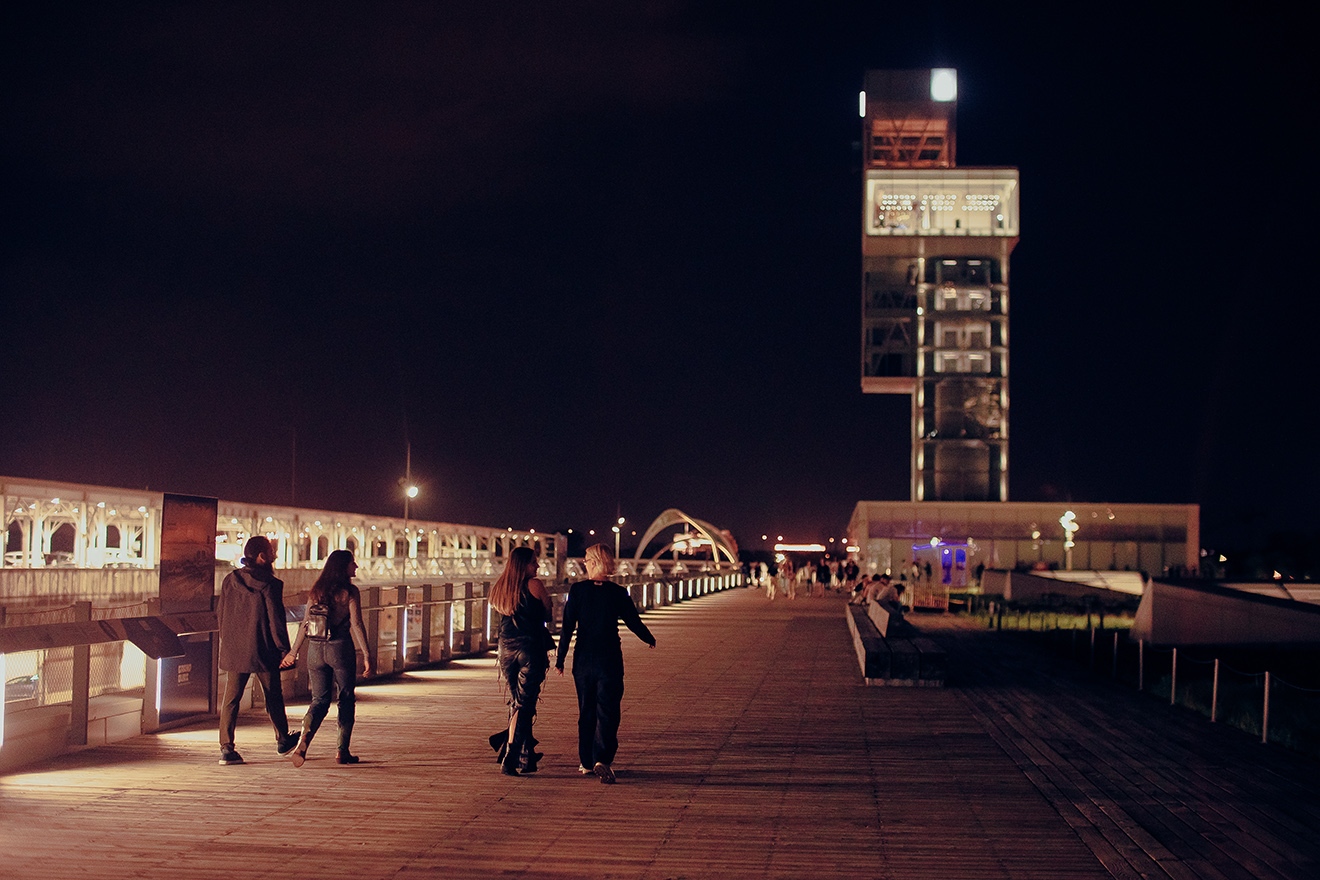
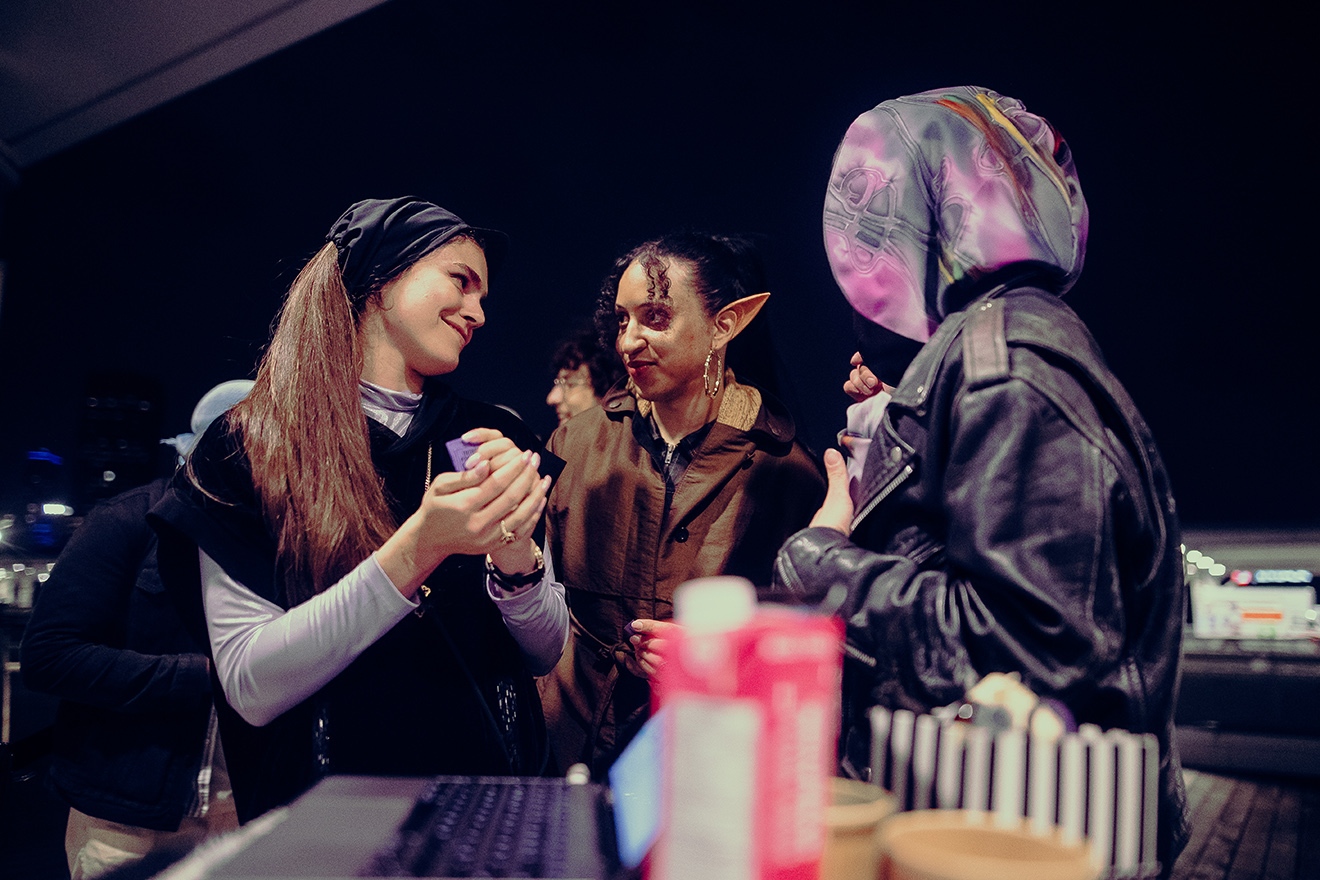
The final panel of the conference discusses ‘Clubs As Culture’, including DJ Minx and David Lezhava sharing stirring accounts of the revolutionary scenes in Detroit and Tbilisi. The next day Montreal makes its own strong case, as the 36-hour NON STOP party begins.
It feels seismic in its ambition, and that translates into a celebratory energy that’s the makings of a killer party. Jacques Greene’s set on the opening night is a standout, pulling out classics such as ‘Made To Stray’ and a Baltimore club edit of ‘What’s A Girl To Do’ alongside Pangaea’s unofficial song of the summer ‘Installation’ and Séverine’s incredible Barker x Ariana Grande edit. Following DJ Minx’s masterclass, a chunky house set from Massimiliano Pagliara and slippery percussion from Kiernan Laveaux keeps dancers moving well into the morning.
The crowd is up-for-it, diverse and harmonious, with some of the strongest looks you’ll see in clubland. You’re just as likely to find yourself dancing next to a self-described club freak wearing a bondage harness and frilly tutu as you are an off-duty high school Physics teacher in a plain shirt — and then find out they’re best friends who are here together. “The city has been on a very accepting, come as you are vibe for a very long time,” Jacques Greene tells me. “I feel like Montreal worked through a lot of that stuff a long time ago.”
However, he adds that one drawback of the party attitude in the city is that it isn’t always conducive to a scene built on the music. “People really just want to go out,” he says. “It’s kinda cool that people don’t really care about guests or whatever, but then it also means that people don’t really care who’s playing where.” This means putting together line-ups can feel risky, and thankless, with high DJ fees hard to justify. But the NON STOP line-up is an interesting mix of sounds with local and international names, and the crowd is engaged and responsive to the idiosyncrasies of each set. And a few refund requests when VTSS pulls out the day before the show, though unfortunate, reflect specific tastes among the ranks.
But with no early night/early alarm culture you might set for a 6:AM jaunt to a Berghain, fabric or Nowadays yet established, attendance through Saturday daytime is very sparse, despite a line-up of local acts such as GLOWZI, Solitary Dancer and Ramzilla. A last minute move inside from a planned outdoor event, due to rain, likely didn’t help. “The culture right now is to go out kinda early and go back kinda early, get home about 3 or 4,” says Mathieu. “When you go to some other places, 3 or 4 is when the night begins. It’s gonna get there at some point,” he vows.
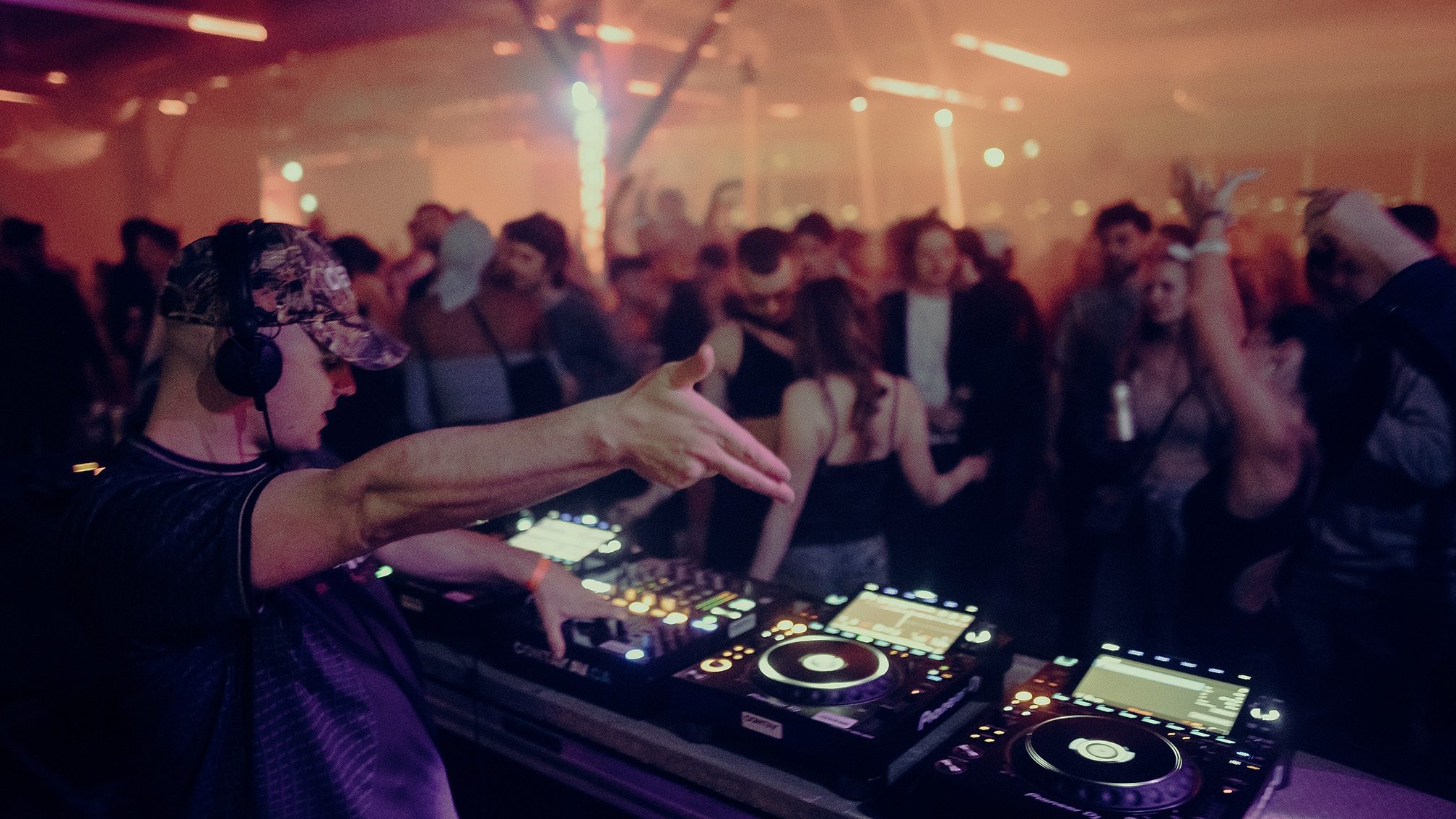
Understandably, there are other teething problems. The venue has the pros of a gorgeous river view and an outdoor decking area where you can have a smoke and watch cruise ships passing by as the sun sets over the Montreal skyline, and the lighting setup from Jimmy Lakatos and Spacegraft is dazzling. But overall it feels like a misstep — more of a photography studio than a club, with its bare interior and clinical white walls.
“I think it maybe needed something that felt a little more raw and comfortable,” says Jacques Greene. “There was a bit of nakedness. There was no little corner you could go.. you know, Berghain works, you can be there 14 hours because you can go chill in a side room for a little bit, you can go to the gelato bar.” A smattering of bean bags at the far end of the venue are used and appreciated, but not quite the twisting corridors and hang out areas of established marathon venues.
Montreal’s licensing conditions are a factor here — once a license is in place it can’t be extended, meaning events of this kind require a blank venue that a temporary event license can be granted for. “Because of that, there are very few venues we can rent. They’re usually reception halls for weddings and corporate events. They’re very expensive, they have a monopoly on the market,” says Mathieu, who hopes keeping up the pressure and changing legislation will enable more clubs to open.
“I think there are things we’re going to figure out over time,” Greene says. “The night into day party rager has some really interesting possibilities. It will be interesting to see if more of these can happen over time, if Montreal can develop a culture for it. I’d say the appetite is there. I’d like to see us start with 6:AM licenses for a little bit — 36 hours is a lot to bite off.”
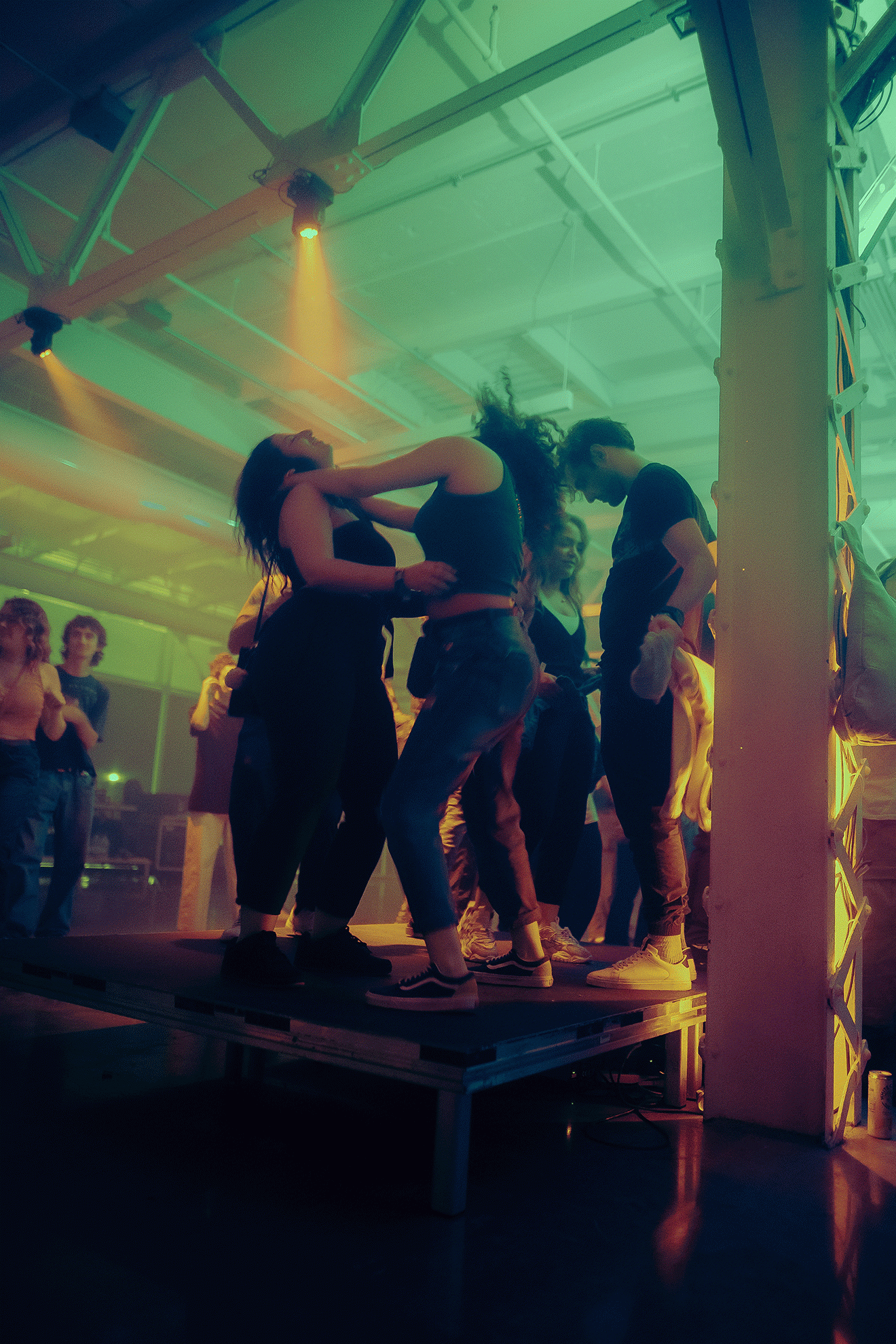
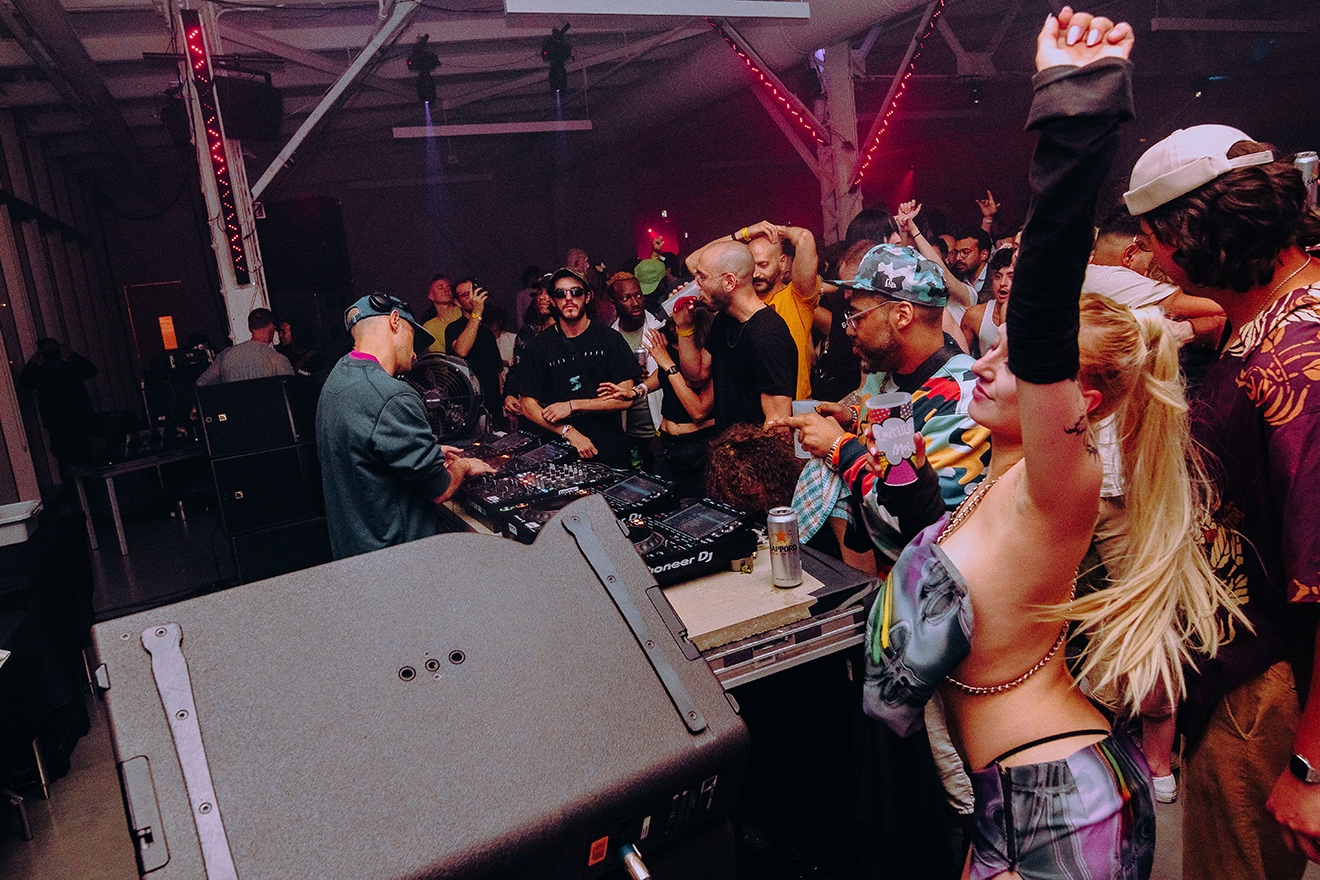
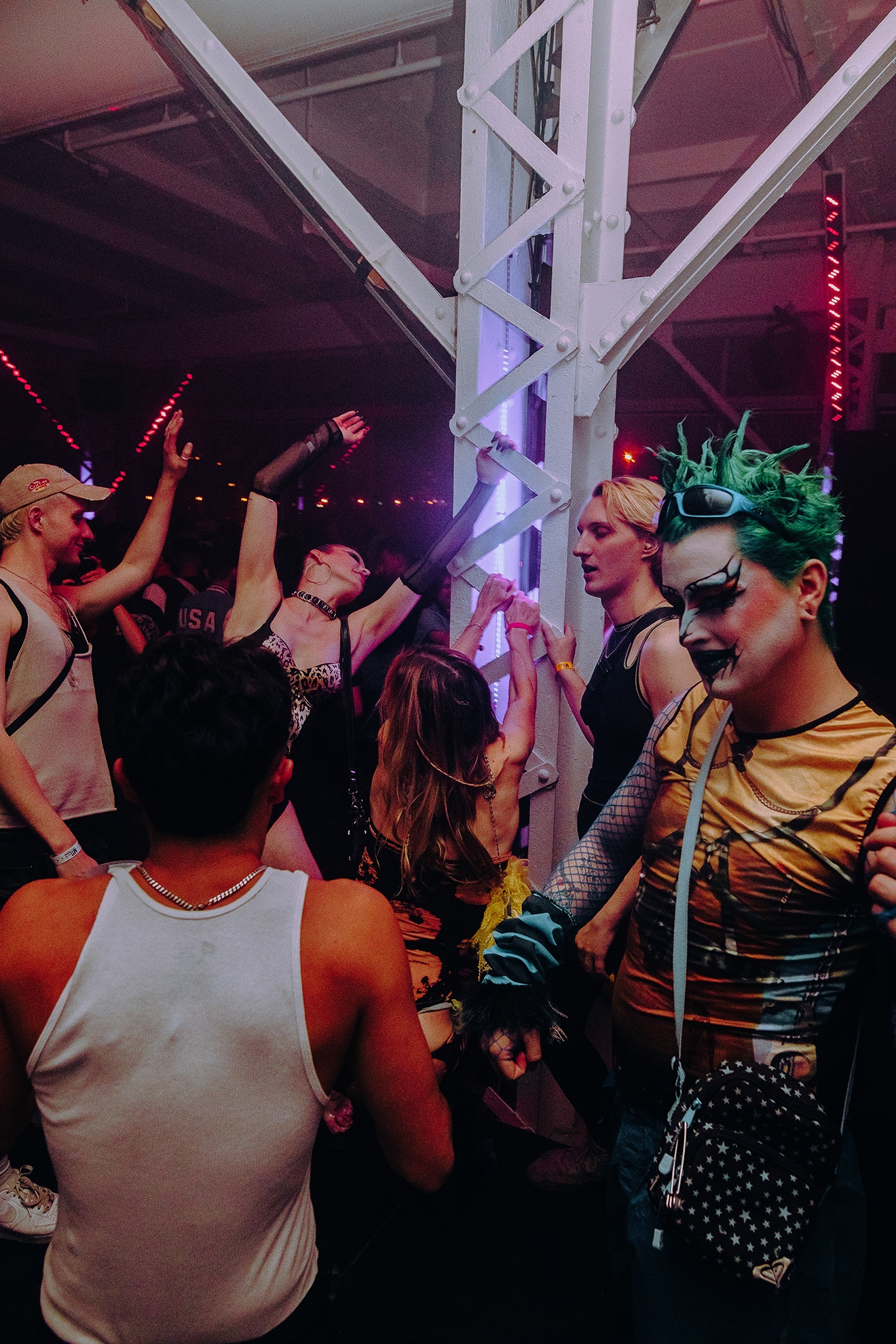
“We’re still looking for the best recipe to make this work,” says Mathieu, who says a main goal of MTL 24/24 is to get its own building to use as a multi-functional space tailored to Montreal’s needs. “But people like these events,” he adds. “And the more we’re going to be doing it, the more we’ll change the culture and the more people will get into it.” He tells me that in a few weeks they’re throwing a rave in a gravel pit nine hours from Montreal, after finding a legislation loophole for temporary licenses around the province, which they hope will help the spread electronic music culture beyond the city.
As the crowds picks up again on Saturday night, Montreal’s nightlife feels like it’s in rude health. James Benjamin and Quan play a live set of gripping analogue techno, before people lose their minds to TSVI’s experimental club chaos, drawing for music that feels on the cusp of overload to ramp up the energy, ranging from MMM’s cavernous ‘Nouse Somme’ to Minor Science’s giddy ‘Workahol’ and estoc’s deranged LSDXOXO, River Moon and Benny Benassi mashup.
At 3:AM, closing times across the city, a huge influx of new people arrive. They’re promptly battered by a hard-as-nails techno set from Randomer, including a ferocious remix of Basement Jaxx’s ‘Where’s Your Head At’. There’s plenty of club kids loving it, and a handful of suits who’ve stumbled in from nearby bars looking slightly bewildered — but who knows what kind of awakenings they’re having.
As Tigerhead takes over the final set, plates of vegetables are passed around and offered to dancers by the organisers — never faltering from their work of keeping nightlife (and its members) in good health.



![House, Techno, and the 80s: How black culture birthed the ‘EDM’ era [Part Two] (ConsciousElectronic.com)](https://www.myhouseradio.fm/wp-content/uploads/2025/02/Untitled-design-500x383.webp)
![House, Techno, & the 80s: How black culture birthed the EDM era [Part One] (ConsciousElectronic.com)](https://www.myhouseradio.fm/wp-content/uploads/2025/02/2-500x383.webp)
Leave A Comment
You must be logged in to post a comment.